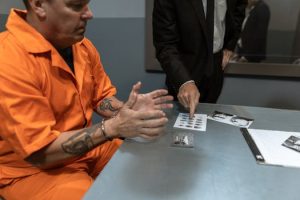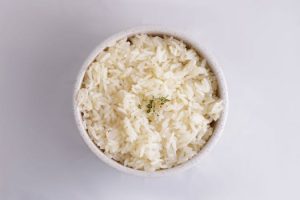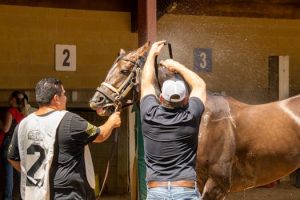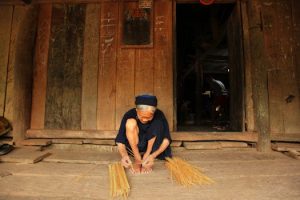After-school clubs that build leadership skills
After-school clubs are a great way for students to continue learning and growing outside of the traditional classroom setting. Not only do they provide a fun and interactive environment, but they also offer valuable opportunities for students to develop important skills, such as leadership. In today’s fast-paced world, it is increasingly important for young individuals to possess strong leadership abilities, and after-school clubs serve as the perfect platform for honing these skills. Let’s take a closer look at some of the after-school clubs that can help build leadership skills in students.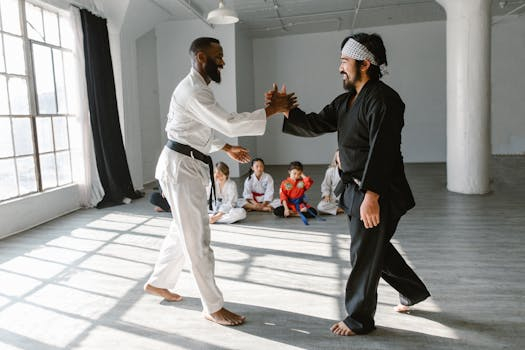
Model United Nations (MUN)
What is Model United Nations?
Model United Nations, commonly known as MUN, is a simulation of the United Nations where students take on the roles of delegates from different member countries. The goal of MUN is to discuss and debate various global issues and work towards finding solutions, just like the real United Nations. This club provides students with an opportunity to step into the shoes of world leaders and develop crucial leadership skills like public speaking, negotiation, and diplomacy.
How does it build leadership skills?
MUN is a highly competitive activity, and students have to work in teams with their fellow delegates to achieve a common goal. This requires effective teamwork, communication, and delegation skills. Students also have to research and understand complex global issues and present their ideas in a clear and concise manner, which enhances their critical thinking skills.
Moreover, MUN provides a global perspective and exposes students to the diverse cultures and backgrounds of different countries. This helps develop their cultural awareness and empathy, which are essential qualities for a good leader.
Debate Team
What is Debate Team?
Debate team is another popular after-school club that helps build leadership skills in students. It involves debating on a given topic, with one team defending the motion and the other opposing it. Debaters have to construct arguments, present evidence, and rebut their opponent’s arguments to persuade the judges.
How does it build leadership skills?
Debate team requires students to think on their feet and communicate effectively in a fast-paced and high-pressure setting. This helps them develop confidence, as well as the ability to remain calm under pressure – both essential traits of a good leader. Debaters also have to be well-researched and knowledgeable on various topics, which enhances their critical thinking and problem-solving skills.
Community Service Club
What is Community Service Club?
Community service club is a club dedicated to helping the local community through various volunteering and charity events. It provides students with an opportunity to give back and make a positive impact in their community.
How does it build leadership skills?
Through community service, students learn the importance of empathy, compassion, and responsibility towards others. They also develop organizational skills as they plan and execute different events and projects. Additionally, community service club offers a chance for students to take on leadership roles within the club, such as event coordinators or team leaders, allowing them to practice and improve their leadership abilities.
Student Government Association (SGA)
What is Student Government Association?
Student Government Association, or SGA, is an organization that represents the student body and acts as a liaison between students and school administration. SGA members are responsible for organizing school events, addressing student concerns, and advocating for student needs.
How does it build leadership skills?
SGA members have to collaborate with students, teachers, and school staff to determine and address the needs of the student body. This requires strong communication and interpersonal skills, as well as the ability to listen and work towards a common goal. SGA also provides students with the opportunity to make decisions and take responsibility for their actions, allowing them to develop their leadership skills in a real-world environment.
In conclusion, after-school clubs play a vital role in developing leadership skills in students. Whether it is through participating in simulations of real-world scenarios or taking part in community service projects, these clubs provide students with valuable experiences and lessons that will benefit them in all aspects of their lives. As they say, leaders are not born, they are made, and after-school clubs are the perfect training ground for the leaders of tomorrow.



